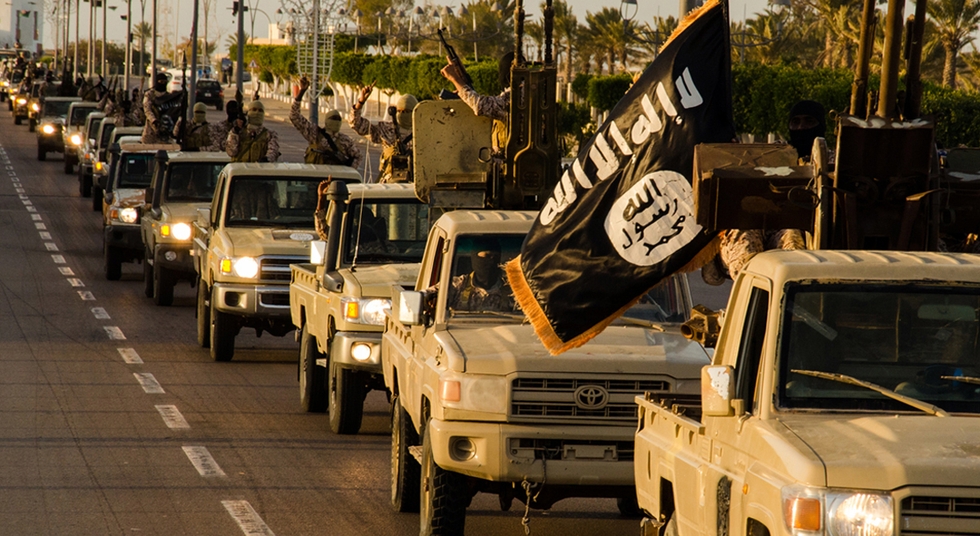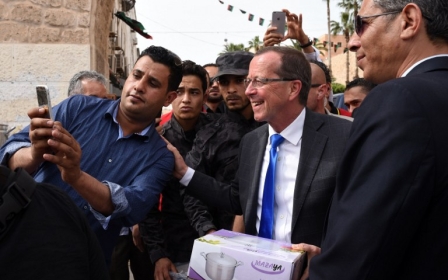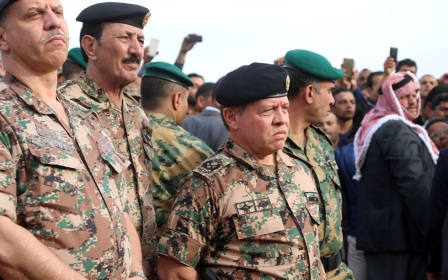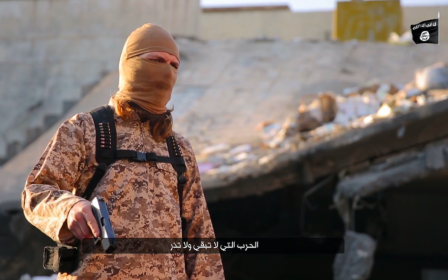Islamic State group doubles Libya fighting force: US

The Islamic State (IS) group has doubled its fighting force in Libya to about 6,000 in as little as a year, the head of US forces in Africa said on Thursday.
Despite the increase, IS is not likely to seize swathes of territory inside Libya as it has done in Syria and Iraq, said Gen. David Rodriguez, head of the US Africa Command.
IS has exploited the turmoil in Libya since the overthrow of dictator Muammar Gaddafi five years ago, raising fears that it is establishing a new stronghold on Europe's doorstep.
But Rodriguez said it is significantly harder for IS to grab large areas of Libya and then consolidate.
"It's possible, but right now I am not concerned about it," he said, citing "significantly different conditions" in Libya.
Among them is the fact that the IS group does not "have the homegrown people that know as much about Libya, like they did in Iraq and Syria," Rodriguez said.
Libyans, he added, "don't like external influences".
Last year, IS seized control of Gaddafi's coastal hometown of Sirte and has been fighting to expand to other areas.
Rodriguez said that Libyan militias "are contesting the growth of ISIS in several areas across Libya".
"In the east, in Benghazi and Derna, they have fought back against the Islamic State and made it much tougher for them to operate."
Libya has a new UN-backed unity government, which is being led by Fayez al-Sarraj, who arrived in the capital only a week ago.
Libya has had two rival administrations in place since mid-2014, when a militia alliance overran Tripoli, setting up its own authority and forcing the internationally recognised parliament to flee to the country's east.
Any possible international intervention against the IS group in Libya, Rodriguez said, "is going to be driven by their leadership and what they want us to do".
New MEE newsletter: Jerusalem Dispatch
Sign up to get the latest insights and analysis on Israel-Palestine, alongside Turkey Unpacked and other MEE newsletters
Middle East Eye delivers independent and unrivalled coverage and analysis of the Middle East, North Africa and beyond. To learn more about republishing this content and the associated fees, please fill out this form. More about MEE can be found here.




